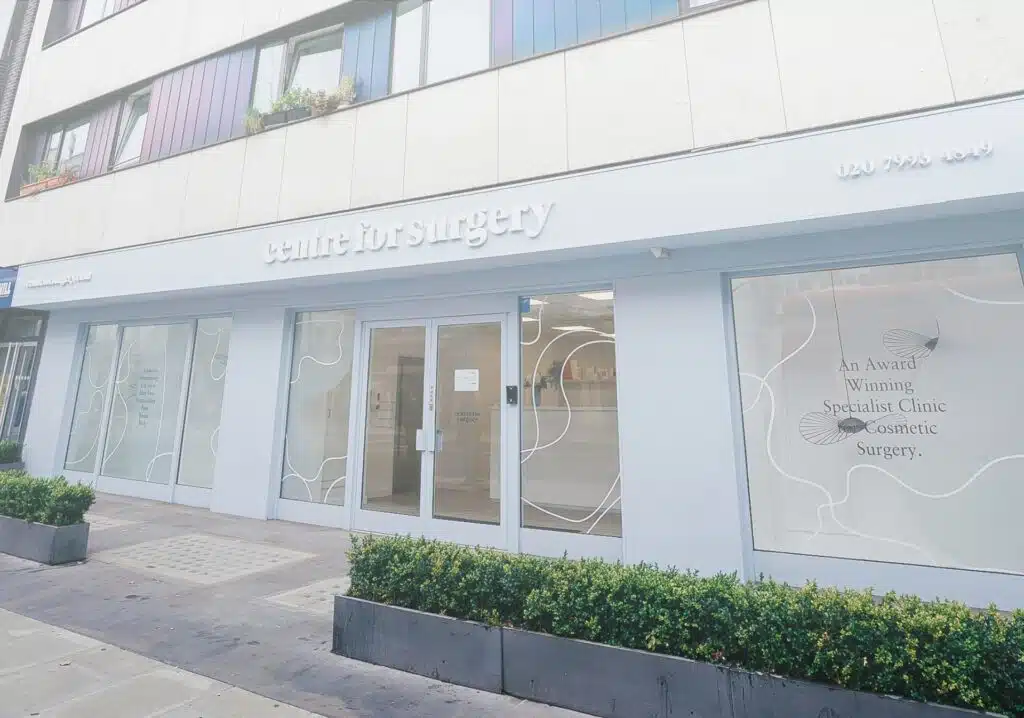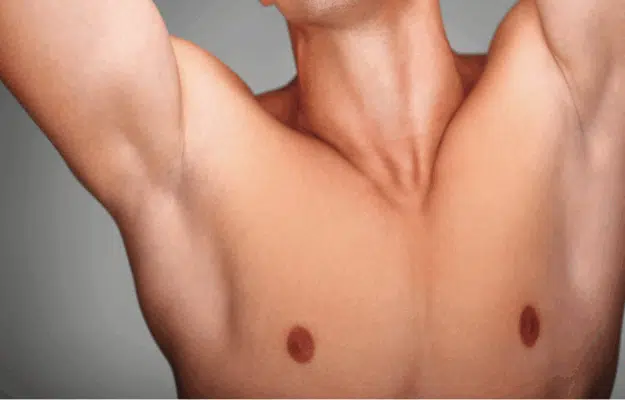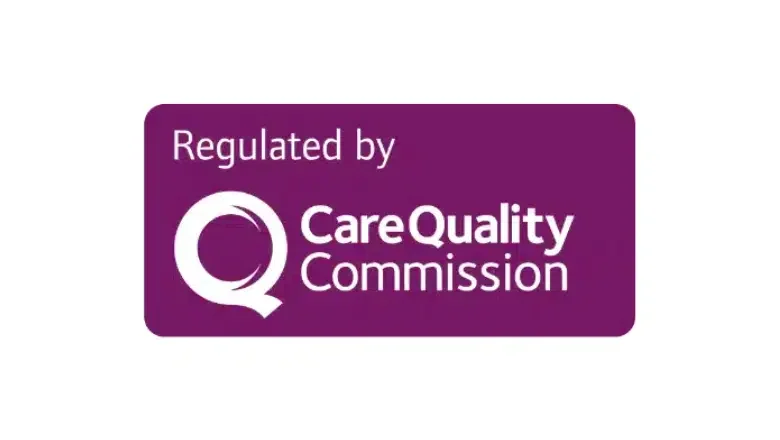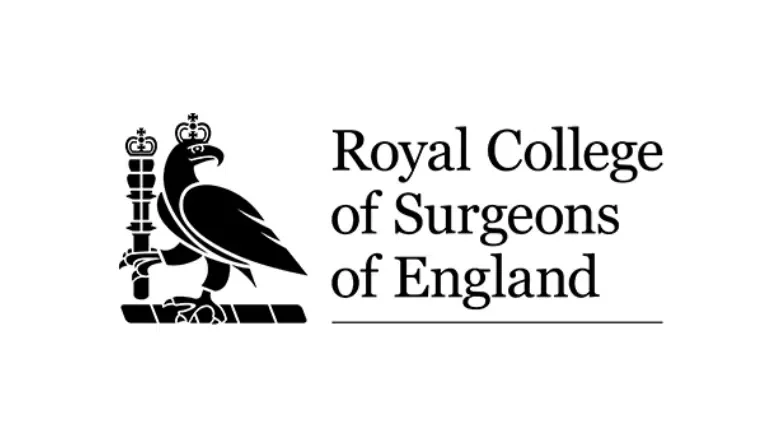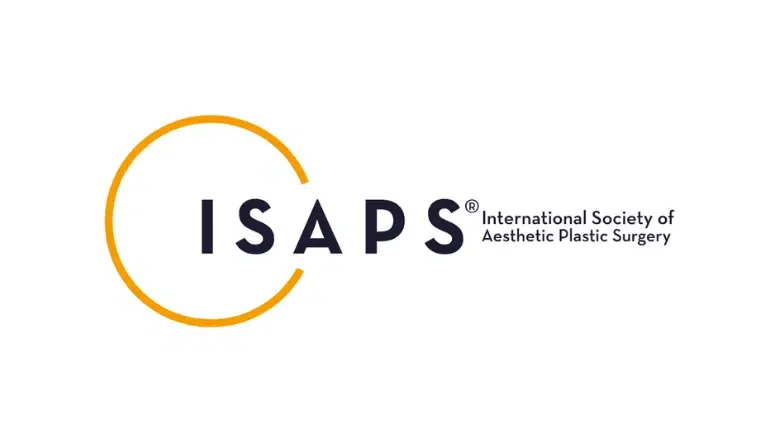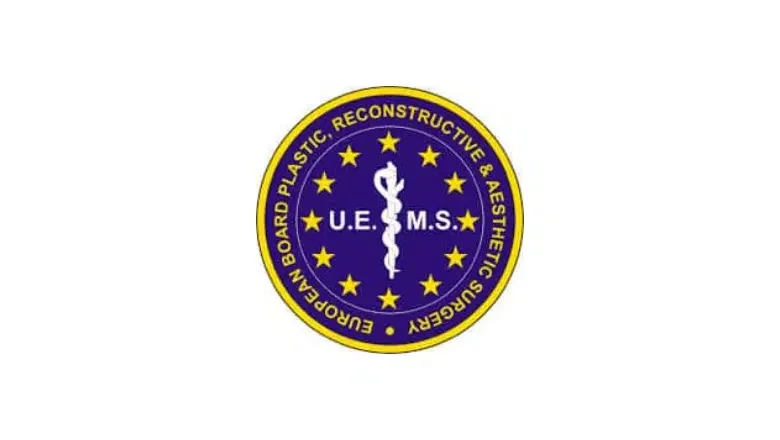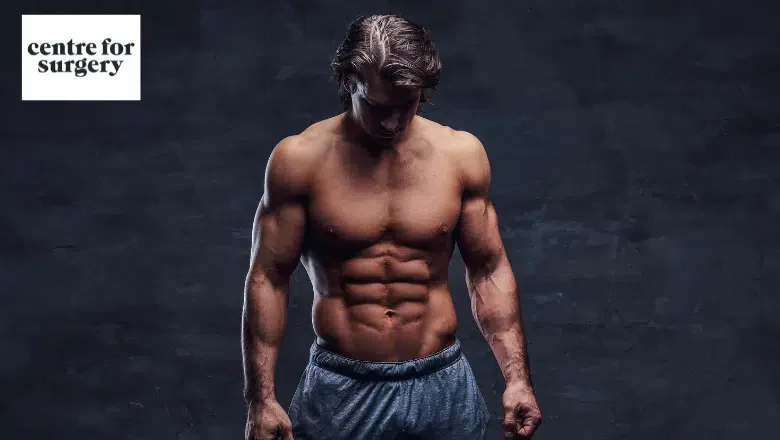
Oestrogen is a hormone that is naturally present in both men and women, but it is typically present at much higher levels in women. In men, androgens usually keep the levels of oestrogen in check. However, the use of anabolic steroids can cause an increase in the levels of estrogen in the body, which can lead to the development of breast tissue.
RELATED: How To Get Rid Of Gynecomastia
The condition can cause physical discomfort, embarrassment, and a decrease in self-esteem for affected individuals. Treatment options for bodybuilder gynecomastia include lifestyle changes, such as reducing or discontinuing the use of anabolic steroids, and surgical procedures, such as liposuction or mastectomy, to remove the breast tissue.
RELATED: Gynecomastia vs Chest Fat – Which One Do I Have?
The use of anabolic steroids is not only illegal in the UK, but it is also associated with a number of serious health risks, including cardiovascular disease, liver damage, and infertility. In addition, the use of anabolic steroids can have significant effects on mental health, including increased aggression, mood swings, and depression.
Therefore, it is important to seek the advice of a qualified plastic surgeon at Centre for Surgery before using any performance-enhancing drugs, and to understand the potential risks and benefits of these drugs and any treatments used to manage their effects.
What causes bodybuilder gynecomastia?
Bodybuilder gynecomastia is caused by an imbalance of hormones in the body, primarily an increase in oestrogen levels. This hormonal imbalance can be caused by several factors, including:
- Anabolic steroid use: The use of anabolic steroids, which are synthetic versions of the male androgens, can disrupt the delicate balance of hormones in the body, leading to an increase in oestrogen levels and the development of breast tissue.
- Alcohol consumption: Alcohol consumption can lead to a decrease in androgen levels and an increase in estrogen levels, which can contribute to the development of bodybuilder gynecomastia.
- Medical conditions: Certain medical conditions, such as liver disease, kidney failure, and hypogonadism, can also disrupt the balance of hormones in the body and lead to the development of bodybuilder gynecomastia.
- Medications: Certain medications, such as antibiotics, anti-anxiety medications, and anti-ulcer medications, can also lead to an increase in estrogen levels and the development of bodybuilder gynecomastia.
Symptoms of bodybuilder gynecomastia
Bodybuilder gynecomastia is a condition in which male bodybuilders develop breast tissue due to an imbalance of hormones in the body. The following are the most common symptoms of bodybuilder gynecomastia:
- Enlargement of breast tissue: The most noticeable symptom of bodybuilder gynecomastia is the enlargement of breast tissue, which can be painful and cause physical discomfort.
- Tenderness and sensitivity: The breast tissue may also be tender and sensitive to the touch, especially during exercise or physical activity.
- Nipple discharge: In some cases, bodybuilder gynecomastia can cause nipple discharge, which may be clear or milky in appearance.
- Changes in skin texture: The skin over the affected area may become thicker or more firm and may be accompanied by changes in skin texture.
- Psychological effects: Bodybuilder gynecomastia can also have significant psychological effects, including decreased self-esteem, embarrassment, and anxiety.
RELATED: Does Gynecomastia Go Away On Its Own?
Bodybuilder gynecomastia is not a medical emergency, but it can cause physical discomfort and have significant psychological effects. If you are experiencing symptoms of bodybuilder gynecomastia, it is important to seek the advice of a qualified healthcare provider, who can help you determine the best course of treatment for your particular case.
Treatment options for bodybuilder gynecomastia include lifestyle changes, such as reducing or discontinuing the use of anabolic steroids, and surgical procedures, such as liposuction or surgical gland removal, to remove the excess breast tissue. It is important to understand that the best treatment for bodybuilder gynecomastia will depend on a variety of factors, including the severity of your symptoms, your personal preferences, and your overall health and medical history.
Treating bodybuilder gynecomastia
Bodybuilder gynecomastia has increased in prevalence over the last decade, and this is thought to be due to rising levels of anabolic steroid use. The following are some common treatments for bodybuilder gynecomastia:
- Lifestyle changes: In some cases, bodybuilder gynecomastia may be treated by making changes to your lifestyle, such as reducing or discontinuing the use of anabolic steroids, reducing alcohol consumption, and maintaining a healthy diet and exercise regimen.
- Medications: In some cases, bodybuilder gynecomastia may be treated with medications, such as selective oestrogen receptor modulators, which can help to regulate the balance of hormones in the body.
- Surgery: In more severe cases, bodybuilder gynecomastia may be treated with gynecomastia surgery, such as liposuction or mastectomy, to remove the breast tissue.
RELATED: Can Gynecomastia Come Back After Surgery?
The best treatment for bodybuilder gynecomastia will depend on a variety of factors, including the severity of your symptoms, your personal preferences, and your overall health and medical history. It is also important to understand that while surgical treatments can be effective in treating bodybuilder gynecomastia, they are not without risks, and you should carefully consider the potential benefits and risks of any surgical procedure before making a decision.
Gynecomastia Surgery at Centre for Surgery
Centre for Surgery is a centre of excellence for gynecomastia surgery, and our UK plastic surgeons treat many bodybuilders affected by gynecomastia using precision surgical techniques. Our state-of-the-art Baker Street clinic is considered one of the most advanced plastic surgery clinics in the UK and is conveniently located in the heart of central London on the iconic Baker Street. Call us today on 0207 993 4849 or complete the contact form below to schedule an in-person consultation.
